BMW, Intel, Mobileye lay groundwork for self-driving car
【Summary】Automaker BMW,Intel and Mobileye has lay ground work for a project of self-driving car. Autopilotis currently a new trend in automobile industry.More and more automakers are ready for a challenge in the new competitive self-driving technology battle.
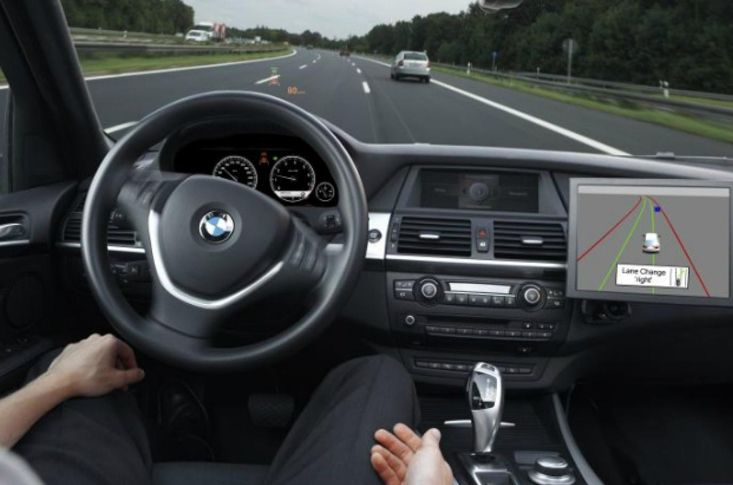
Automaker BMW, chipmaker Intel, and vision systems developer Mobileye are ready to announce a collaboration aimed at ushering in a self-driving car within five years. The three companies have scheduled a briefing for Friday morning (July 1), 10 a.m. East Coast time, or 4 p.m. CEST (central Europe).
It's likely the announcement will be built around advances in sensors and algorithms that improve on cars' abilities to detect and respond to other vehicles, pedestrians, and objects in the road that might collide unless the autonomous vehicle changes course or takes other action. The story was broken Thursday morning by Reuters.
The challenge to autonomous driving: the unexpected
Even now, more than a dozen car models have some measure of autonomous driving — on limited access highways with gradual not hairpin curves, when it's not snowing or raining heavily, and when another car doesn't spin out just in front of you, or an old washing machine doesn't fall off off a pickup truck. But it will follow the car in front (adaptive cruise control), stay centered in the lane (lane centering assist), and keep you from changing lanes if there's a car you don't see in your blind spot.
BMW is talking about taking its cars to a higher level of autonomous driving by 2021. Coincidentally, that could be the likely launch year for the seventh generation of the flagship BMW 7 Series, which is on a 6- to 7-year product cycle (the current 7 Series was launched in 2015). BMW earlier this year said it would launch a flagship car with autonomous driving capability. BMW could also declare its flagship vehicle to be the X7 SUV, which is expected to debut in 2018 and would be due for a mid-life refresh circa 2021.
Self-driving is the new competitive edge
The world's premier automakers see individual driver assist technologies today, and self-driving within the decade, to be potential differentiators. The challenge for the automakers is the core technologies — whether it's vision sensors from Mobileye, night vision sensors from Autoliv, or adaptive cruise control radars from Bosch — come from suppliers that work with multiple automakers.
Individual automakers can still hustle a technology to market by putting more people to work on the project, or make the installation and interface easier for the driver. BMW has an advantage because of its longstanding deployment of head-up displays that can show what the self-driving tools are sensing.
Who is Mobileye
Mobileye was founded in 1999 and has headquarters in Jerusalem, Israel, with several offices in the US. It concentrates on vision systems. BMW, along with GM and Volvo, were its earliest clients. Tesla is a high-profile client that uses Mobileye sensors for its AutoPilot System. The company also makes portable systems that can be installed on cars and trucks already in use.
Mobileye is expected to be the optical systems supplier for the BMW project, while Intel would be the chipmaker for Mobileye's fifth-generation chips, called EyeQ5. The chips and software are believed to offer real-time road mapping (that is, road contours and edges) as well as driving policy, meaning the rules for interacting with other cars and roadside objects, including when they're not behaving as expected. One uncertainty is what happens to Mobileye's existing relationship with STMicroelectronics, a French-Italian chipmaker.
resource from: ExtremeTech
-


Elon Musk confident that Tesla can attain staggering 20-fold increase in production speed in Fremont
-

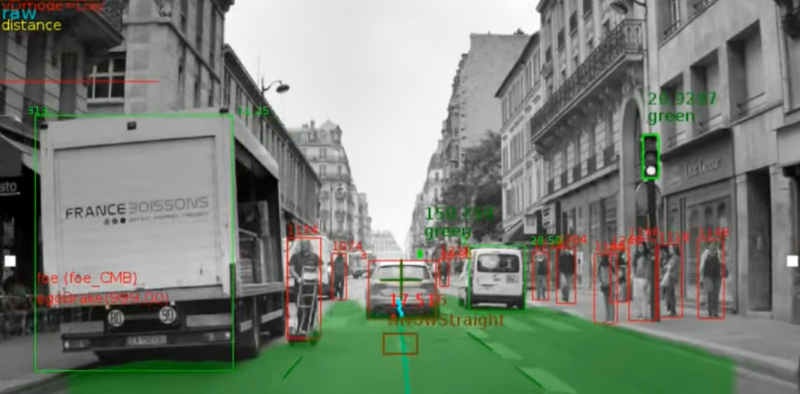
Tesla responds to Mobileye’s comments on Autopilot, confirms new in-house ‘Tesla Vision’ product
-

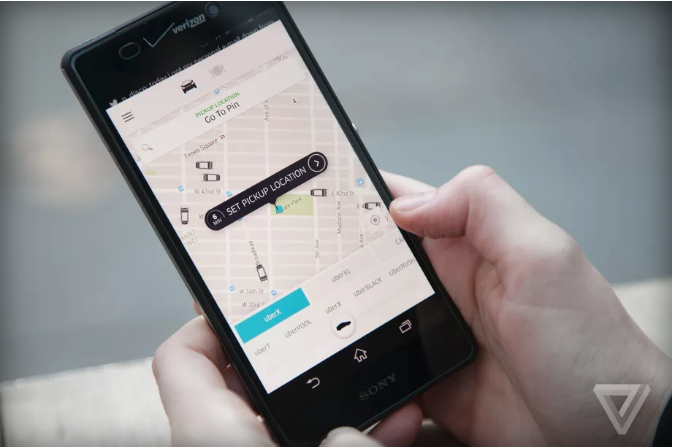
Uber will repay thousands of riders for misleading them about tips
-

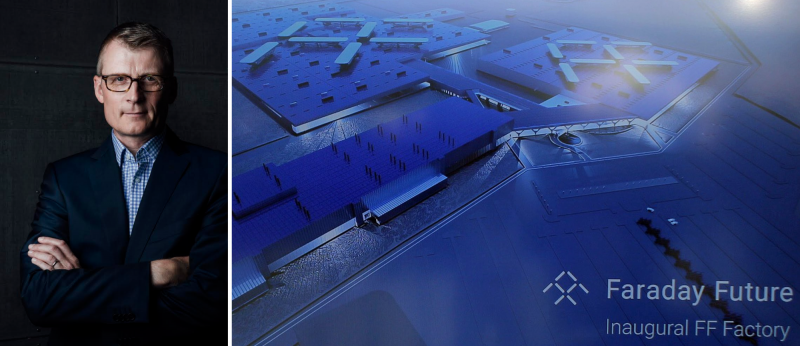
Faraday Future adds top VW executive to bring to market its upcoming electric vehicles
-

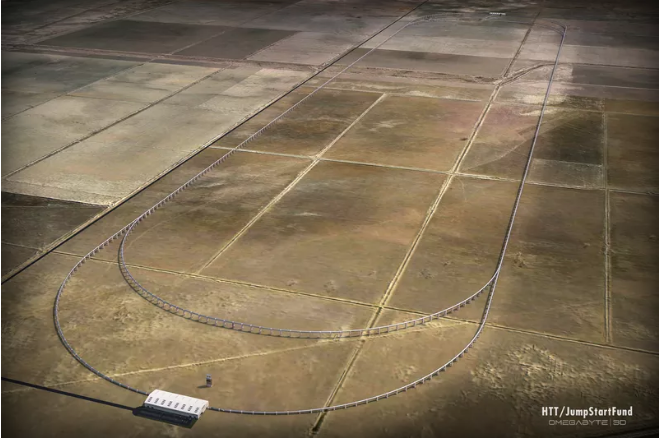
Hyperloop track construction in California is delayed
-


Federal funds to back Portland storefront for electric-car marketing, pop-up roadshows
-

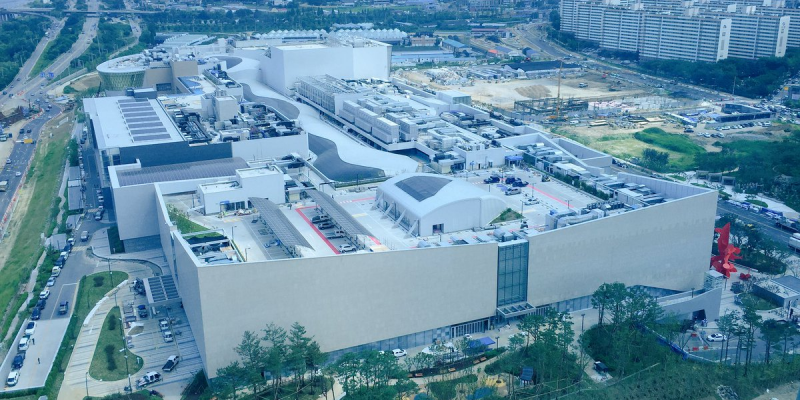
Tesla announces a partnership in South Korea for first store and 25 charging stations
-

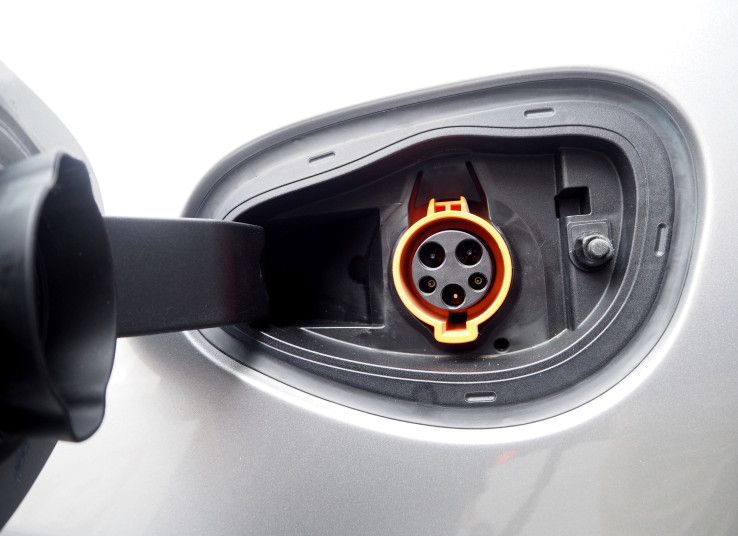
DOE small biz voucher awards include vehicles and fuel cells
- Amazon Customers in Texas and California Will Begin Receiving Packages via Prime Air Drones Later This Year
- The Tesla Model Y and Model 3 Take the 1st and 2nd Place Spots in the Annual Cars.com ‘American-Made Index’
- China’s Baidu Reveals the Apollo RT6, a Fully Autonomous, Production Ready Level-4 Robotaxi with Removable Steering Wheel
- Mazda Outlines Plans to Invest $10.6 Billion in Electric and Hybrid Vehicle Development Through 2030
- Ford Issues ‘Stop Sale’ of the Electric Mustang Mach-E Over Possible Loss of Propulsion While Driving
- GM Offering to Buy Out Buick Dealers That Don’t Want to Sell EVs
- Toyota and Stellantis to Partner on a Large Commercial Van for the European Market, Including an All-Electric Version
- Biden Administration Announces New Standards to Make EV Chargers More Accessible
- Volkswagen Group China Unveils its ‘Flying Tiger’ Electric Vertical Take-Off and Landing (eVTOL) Passenger Aircraft Prototype
- Automotive Supplier MAHLE Developed a Superior Continuous Torque (SCT) Electric Vehicle Motor That Can Run ‘Indefinitely’











 About Us
About Us Contact Us
Contact Us Careers
Careers